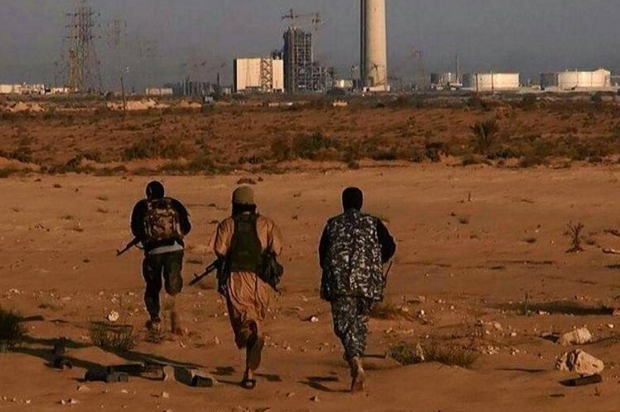What is it about war that makes normally sensible politicians prone to hype and exaggeration? No10 is today briefing that Cameron has instructed the RAF to ‘decapitate’ the leadership of the Islamic State in Syria – as if the thought hasn’t occurred to the Americans, who have spent the last 17 months (and $11 million-a-day) bombing Isil positions in Raqqa. ‘We’ve got to go out and kill the bastards,’ the Prime Minister is quoted as saying. An admirable sentiment: the Islamic State is as barbarous a group the Middle East has ever known, so there should be no qualms about striking it. The only problem is whether we do so as an act of anger, or whether we do with a strategy and a purpose. My concern about the Syrian campaign is that it is, primarily, the former.
There’s a simpler, more powerful (and less dramatic) reason for the RAF to bomb Syria, which I looked at it in my Telegraph column . Our allies are asking for our help, against as evil an enemy as Britain has ever fought – so we’d would need a pretty good reason not to stay on the sidelines. We don’t have one. If we put any value in the word ‘ally,’ we should be joining the French and the Americans. There isn’t much we can do: we have no aircraft carrier capable of deploying fixed-wing aircraft and the RAF will struggle to summon up the extra firepower. So our joining Operation Inherent Resolve would be more political than military – but no less important for that.
Unfortunately, the US-led campaign that Cameron wants to join is going nowhere. To understand what’s at stake in Syria, you need to ask an American – they’ve been looking at his problem for more than a year. Andrew Bacevich, a retired US Colonel, writes in the Spectator this week about what he sees as a great fake war. The bombs just don’t work. As Senator John McCain recently put it thus:
Thousands of airstrikes against ISIL targets have conjured the illusion of progress, but they have produced little in the way of decisive battlefield effects”
The Pentagon says it doesn’t do body counts, but the attacks are believed to have killed upward of 20,000 IS fighters. And yet still they expand, to go global. In Syria itself, the campaign that Cameron sees such urgency in our joining reached stalemate some time ago. And this is not for want or need of reinforcements or clever RAF bombs. The US is moving at its own pace and doesn’t want to go faster, lest it kills some of the 200,000 ordinary Syrians being kept in Raqqa as human shields.
Obama’s chief military adviser, Joseph Dunford, puts it thus:
“We’re very careful in terms of civilian casualties, and some have criticised us for that. I will not apologise for that, because we are fighting the long fight, and for us to do otherwise would be shortsighted.”
Now, the US has the power to sweep Isil out of Raqqa any time it choses; it has a bunch of Kurdish-Arab fighters 35 miles up the road. As Andrew Bacevich says in his Spectator cover piece, even our depleted military could make light work of Isil. But Obama chooses not to move, because such a victory would be short-lived without a political situation that can nurture a proper recovery in Raqqa or northern Syria.
I’m normally quite hawkish, but I’m with Obama on this one: the last 15 years have taught us that getting rid of the bad guys is the easy part. You can bomb pretty much anyone you want out of office: the problem is what comes next. As we have seen with Libya.
While Britain agonises about belatedly joining the Syria campaign, the Islamic State is moving in to Libya. It now controls Sirte, Gaddafi’s old hometown; at the start of the year it had about 200 jihadis there. Now, it’s closer to 5,000 and looks like becoming the new Raqqa. So rather than get worked up about an old (and, so far, unsolvable) problem it may be an idea to start worrying about this new one.







Comments